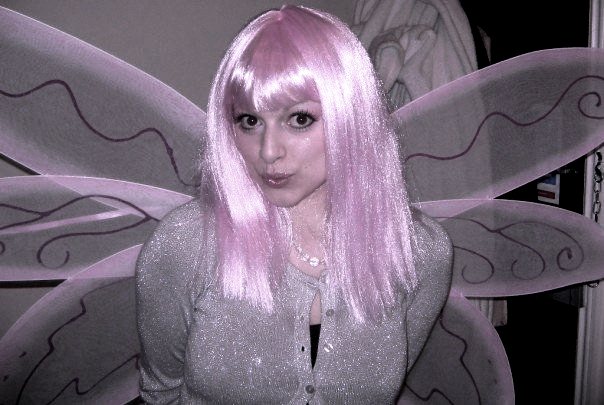Soon kids won’t be buying the good old – brush your teeth or they would fall out – bedtime argument. They might just reply ‘Dr Jones will grow me the new pretty ones!’
A decade or so away we might be going to the dentist not for a general check up, teeth-cleaning and some fillings, but for the completely new teeth.
The Journal of Dental Research has published a paper on bioengineering of human teeth. Here is their abstract ‘about teeth’:
‘Teeth develop from interactions between embryonic oral epithelium and neural-crest-derived mesenchyme. These cells can be separated into single-cell populations and recombined to form normal teeth, providing a basis for bioengineering new teeth if suitable, non-embryonic cell sources can be identified. We show here that cells can be isolated from adult human gingival tissue that can be expanded in vitro and, when combined with mouse embryonic tooth mesenchyme cells, form teeth. Teeth with developing roots can be produced from this cell combination following transplantation into renal capsules. These bioengineered teeth contain dentin and enamel with ameloblast-like cells and rests of Malassez of human origin.’
Basically if you are an adult the cells from your gums combined with the cells from the molars of fetal mice would form teeth with viable roots. This means that the molars are taken from mice at a stage between an embryo and birth.
The best news, however, is not that we might be able to get new teeth while growing older and growing more and more tired of teeth ache and pre-work queues to the NHS dentist. It is that finally some strange conspiracy theorists can put dental research to rest.
Once during lunch one of my peers at Cambridge University, St Edmund’s College matter-of-factly argued that there are treatments against tooth decay (or dental caries), but they are just not released to the public because all the ‘dental industry’ would collapse. He argued that the common reason for tooth decay is overconsumption of sugar, which is a well-publicised to the point of common knowledge fact. So, food and drink mega-corporations producing sugar-full products and dentistries, fixing our teeth after sugar has damaged them, didn’t want to lose their hard-earned cash and bribed the scientists to keep that discovery hidden from the public.
There was obviously no winning that argument, so it was left at a disagreement due to lack of evidence necessary to evaluate his claims.
There is a non-English saying that goes like this: to bite the crystal of knowledge or philosopher’s stone (if to remember Harry Porter) meaning one has to put one’s time, effort and sometimes even health at stake to be able to succeed in science. Given that the saying is a bit old, it is obvious that at the time science wasn’t the best field to be in if one wanted a healthy body and a good mortgage. Biting implies using one’s teeth, thanks to this biotechnology announcement some of us will have the luxury to be armed with our healthy brand new teeth to grab on to science for as long as we can! Effort and time, sadly, are still open to some scientific upgrade.
So today is the day when the name of all dental surgeons and dental researchers is officially restored. Look, they are selflessly developing something that might make their jobs even less varied and more focused. Forget teeth whitening! This time the limitations might mean – extracting gum cells and replacing teeth.
Inappropriately, one could call such teeth – baby-mouse teeth, hope this doesn’t stick! But just imagine how much more sense a tooth fairy story will make! As a future parent you might lose a bedtime teeth-bashing argument to your kid, but you would win a much stronger one for yourself – ‘Yes, there will be a little mouse-tooth-fairy bringing you new teeth, when you are so much older, darling’.
Find more on this on Science Magazine, the Scientist and BBC Health.


Great, roll on the day, no more bedtime arguments about teeth brushing and I won’t brush my teeth anymore either.
Perhaps wait 10-20 years before giving up on it completely, this testing will take soooome time, and teeth rotten too quickly!
Well, not having examined mouse dentition… Would I run a risk of developing a craving for cheese?
It seems likely that fewer dentists would be needed and hopefully nobody at all doing root canals. That alone will be a great humanitarian advance!
Mice and cheese is a funny business, poor mice they shouldn’t even eat cheese. Also, they don’t get cravings, so you are safe on this.
Mentioning of root canals probably makes even dentists themselves shiver!
And as David Crosby said, “If I knew I was going to live this long, I’d’ve taken better care of my teeth.”
I’ve learn several good stuff here. Certainly value bookmarking for revisiting. I surprise how a lot attempt you put to make this type of great informative site.